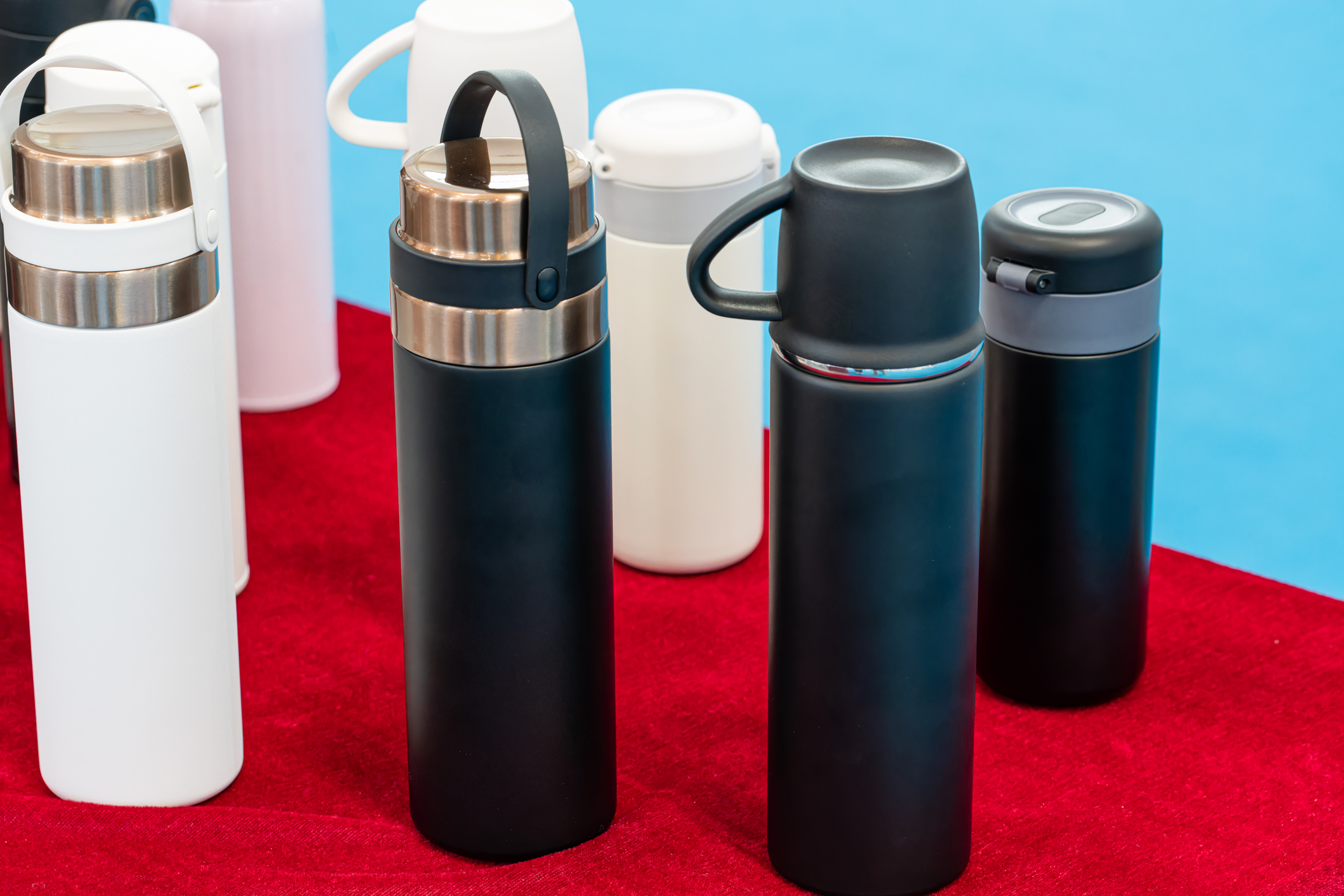
Too much of a good thing? The environmental downside of the “Stanley cup” craze.
Disposable cups are an environmental problem. But what about overconsumption of the reusable containers that are supposed to replace them?
To reduce waste, conserve natural resources and address the mounting climate crisis, America needs more recycling and composting.
Disposable cups are an environmental problem. But what about overconsumption of the reusable containers that are supposed to replace them?
We all play a role in creating food waste, so we can all be part of the solution.
Every year, the average American throws out nearly 1,800 pounds of trash. On Thursday, PIRG Education Fund, Environment America Research & Policy Center, Frontier Group and Community Action Works released a new report, Trash in America: Moving from destructive consumption towards a zero-waste system. The report examines America’s waste problem and recommends 10 steps the United States should take to build a “zero waste” economy.
Celebrating my favorite government mascot’s 50th birthday by sharing the zero-waste tips I have made a part of my life.
The Fortune 50 retailer Target announced a new goal Tuesday to reduce its use of virgin plastic 20 percent by 2025 across its own brand frequency products. It is part of a new sustainability strategy called Target Forward and covers such key categories as household cleaning, personal care and beauty.
AUSTIN, Texas -- U.S. PIRG Education Fund , Environment America Research & Policy Center, and Student PIRG sent 59,000 petitions and a letter signed by more than 40 state lawmakers Thursday to Whole Foods urging the company to commit to a comprehensive plan for phasing out single-use plastic packaging from its stores. This follows a March 2021 letter signed by more than 130 advocacy and community groups calling on the national supermarket chain to adopt a bold response to the plastic pollution crisis.